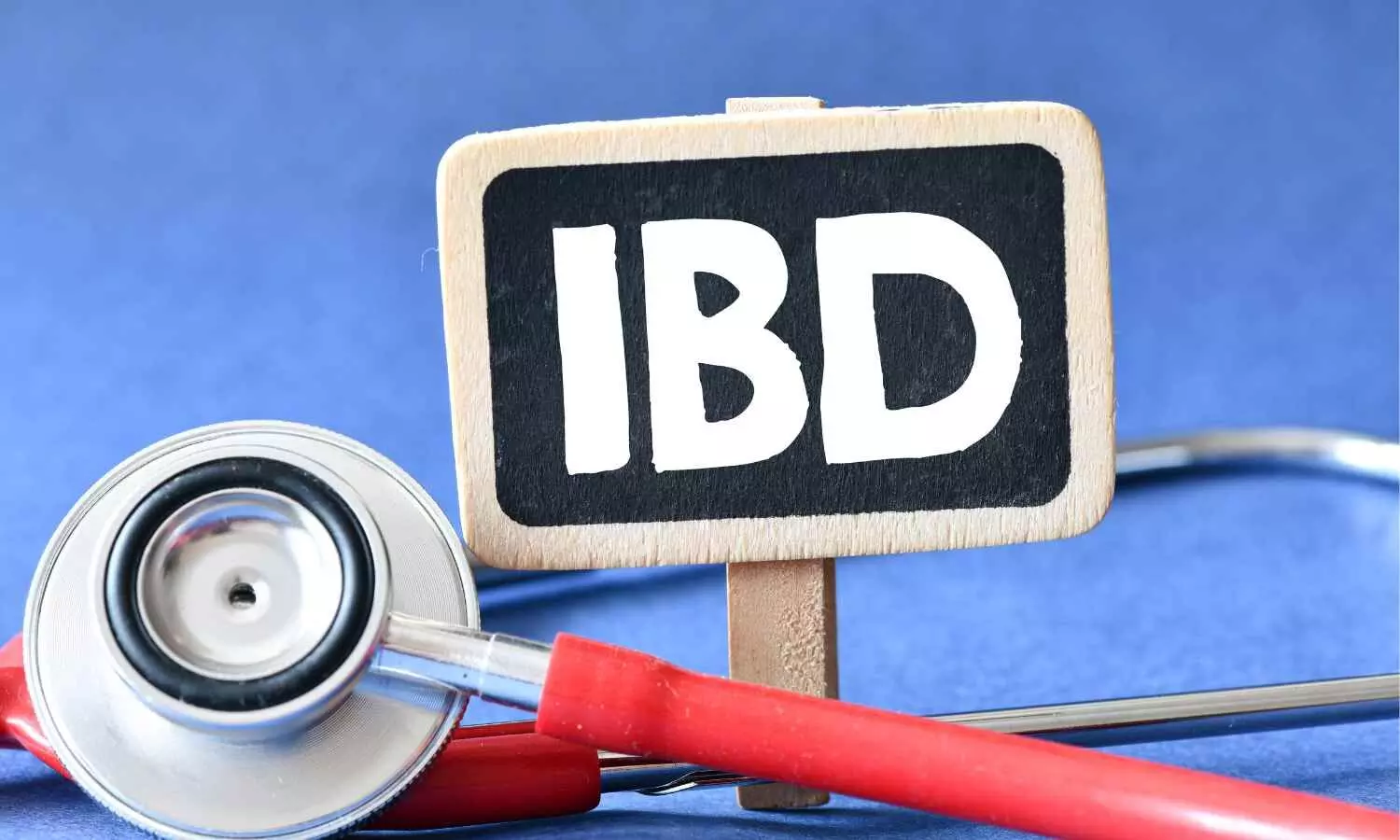Double Trouble: Study Shows PSC Patients with IBD Face Higher Cancer, Transplant, and ICU Risks

USA: Patients diagnosed with both primary sclerosing cholangitis (PSC) and inflammatory bowel disease (IBD) face significantly worse clinical outcomes compared to those with either condition alone, a new study published in the Journal of Internal Medicine has shown.
The research, led by Chengu Niu from the Internal Medicine Residency Program at Rochester General Hospital, highlights the compounded risks associated with this dual diagnosis, including increased mortality, hospitalizations, colorectal cancer, and liver transplant rates.
PSC, a chronic liver disease characterized by inflammation and scarring of the bile ducts, is frequently seen alongside IBD, particularly ulcerative colitis. While each condition carries its own set of complications, their coexistence has long been suspected to exacerbate disease severity, though robust data have been limited.
Using the TriNetX database, the researchers conducted a retrospective analysis comparing outcomes among three patient groups: 1,941 individuals with both IBD and PSC, 234,081 with IBD alone, and 628 with PSC alone. Propensity score matching and International Classification of Diseases-10 coding were used to ensure accurate identification and comparison of clinical outcomes.
The study revealed the following findings:
- Patients with both IBD and PSC had more than double the risk of mortality compared to those with IBD alone (16.0% vs. 7.5%; HR: 2.26).
- Hospitalization rates were higher in IBD–PSC patients (32.8%) compared to IBD-only patients (14.5%; HR: 2.64).
- Intensive care unit admissions were nearly four times higher in the IBD–PSC group (18.7% vs. 5.8%; HR: 3.69).
- The risk of colorectal cancer was three times higher in patients with both IBD and PSC (2.4% vs. 0.7%; HR: 3.37).
- Patients with IBD–PSC were more likely to undergo liver transplantation than those with PSC alone (12.3% vs. 8.0%; HR: 1.49).
- Rates of hepatocellular carcinoma and cholangiocarcinoma were similar between IBD–PSC patients and PSC-only patients.
These findings suggest that the coexistence of PSC and IBD not only compounds liver and gastrointestinal complications but also amplifies the overall clinical burden, including cancer risk and the likelihood of requiring liver transplantation. The study highlights the need for careful monitoring, aggressive disease management, and tailored therapeutic strategies for this high-risk population.
While the study provides important insights, the authors note that further research is necessary to understand the underlying mechanisms driving these outcomes. Improved understanding could inform targeted interventions to reduce complications, optimize care, and improve survival for patients navigating both PSC and IBD.
“The study emphasizes that patients with coexisting PSC and IBD face significantly higher risks of mortality, hospitalization, colorectal cancer, and liver transplant. Clinicians managing these patients should be aware of the compounded risks and prioritize comprehensive monitoring and proactive management strategies,” the authors concluded.
Reference:
Niu, C., Zhang, J., Bhatta, P., Zhu, K., Jadhav, N., Okolo, P. I., Mushtaq, A., & Daglilar, E. Coexisting inflammatory bowel disease in primary sclerosing cholangitis is associated with higher colorectal cancer and transplant risk. Journal of Internal Medicine. https://doi.org/10.1111/joim.70026
Facebook Comments


